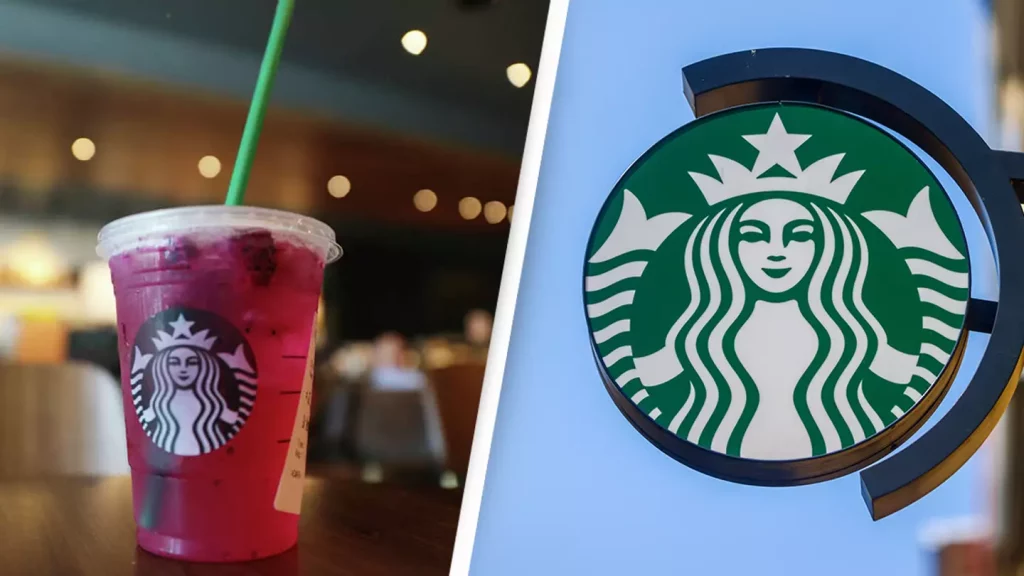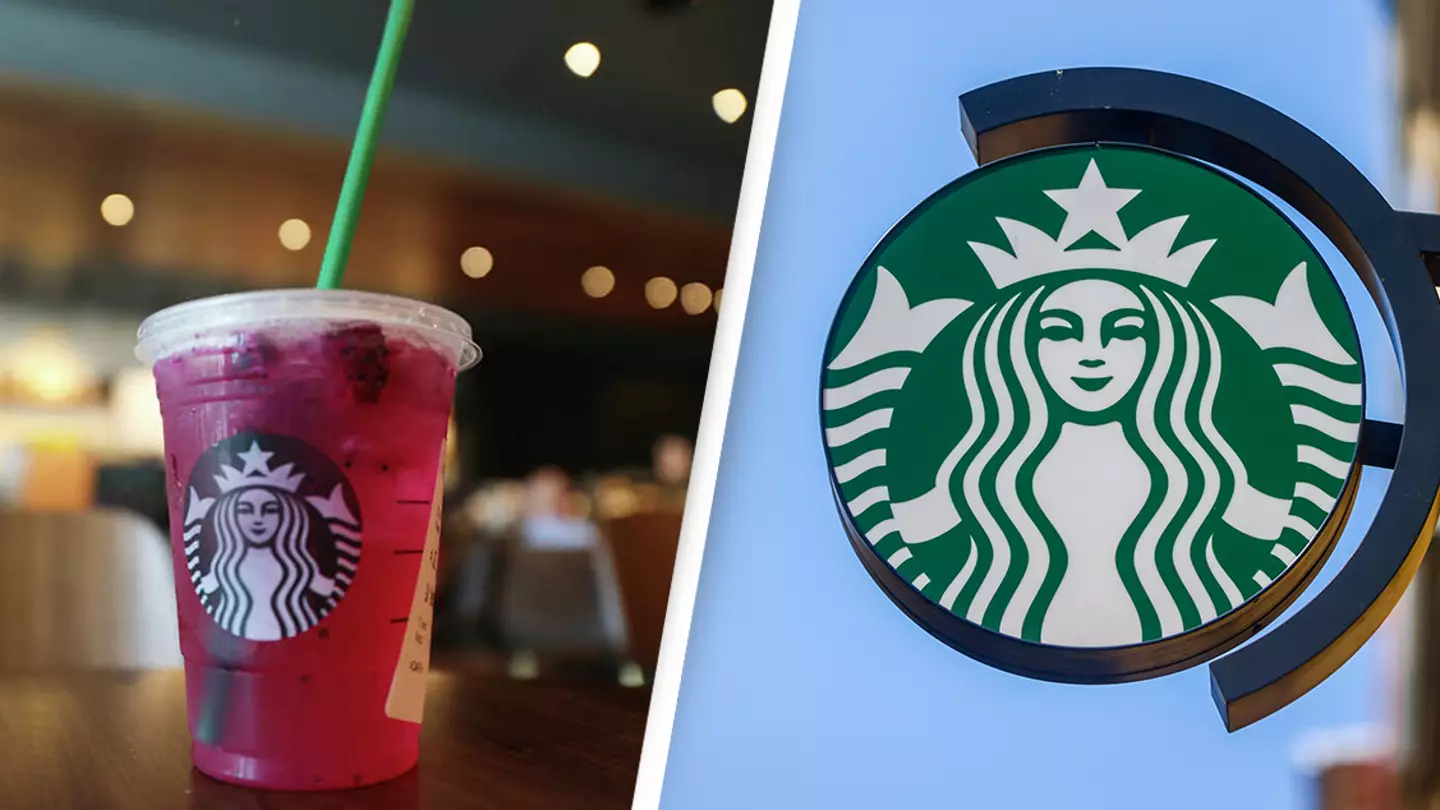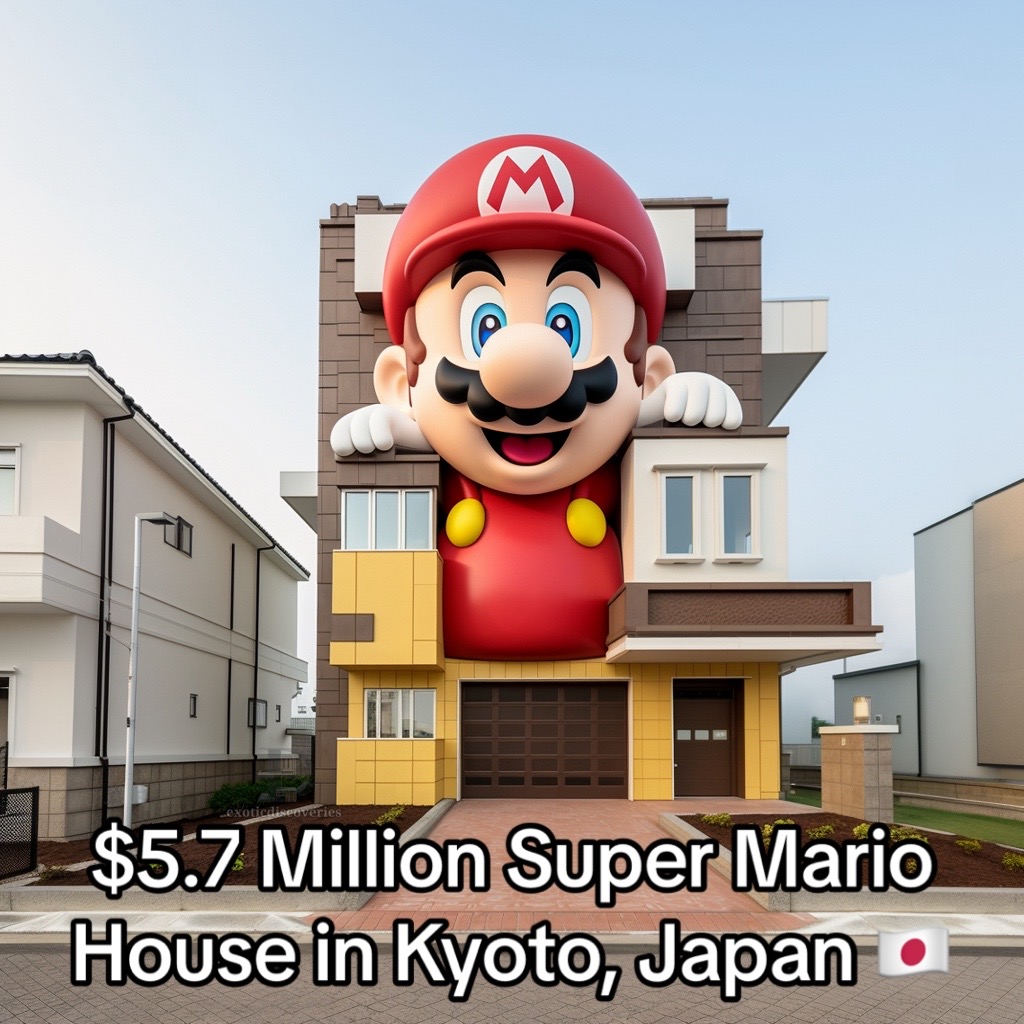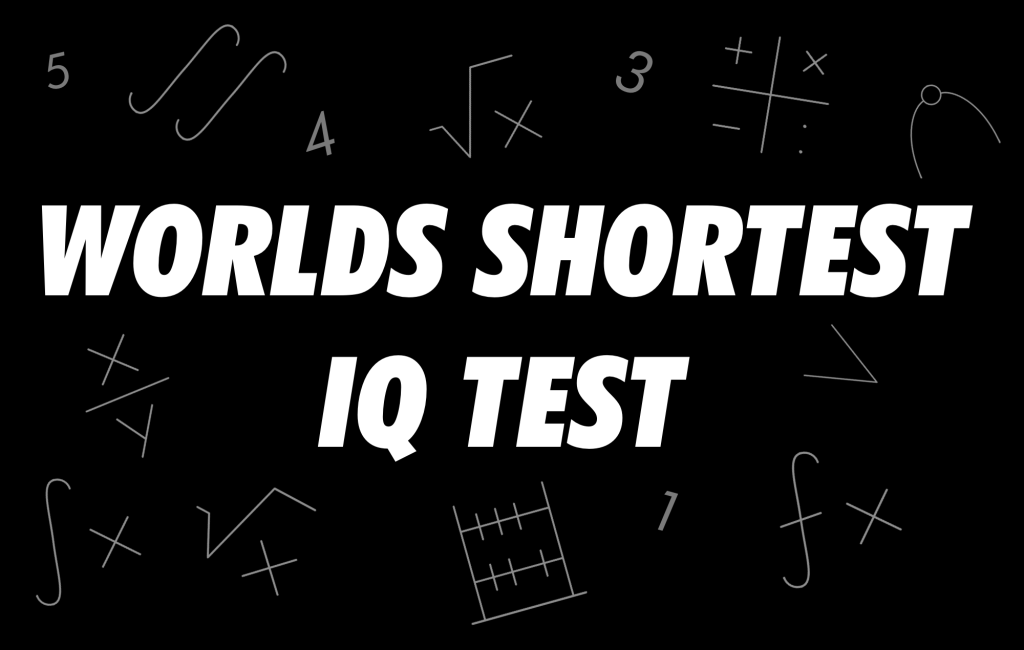A federal judge ruled on Monday that Starbucks must respond to a lawsuit alleging that the drinks sold under the Refresher fruit brand do not contain any fruit.
The coffee firm had first sought to have nine of the lawsuit’s eleven claims dismissed, but Manhattan U.S. District Judge John Cronan ruled that ‘a considerable number of reasonable consumers’ would anticipate their cups to contain the fruit specified in the name.
The two plaintiffs, Jason McAllister of Fairfield, California, and Joan Kominis of Astoria, New York, emphasised the Refresher menu drinks’ components as well as the drink titles they found objectionable.
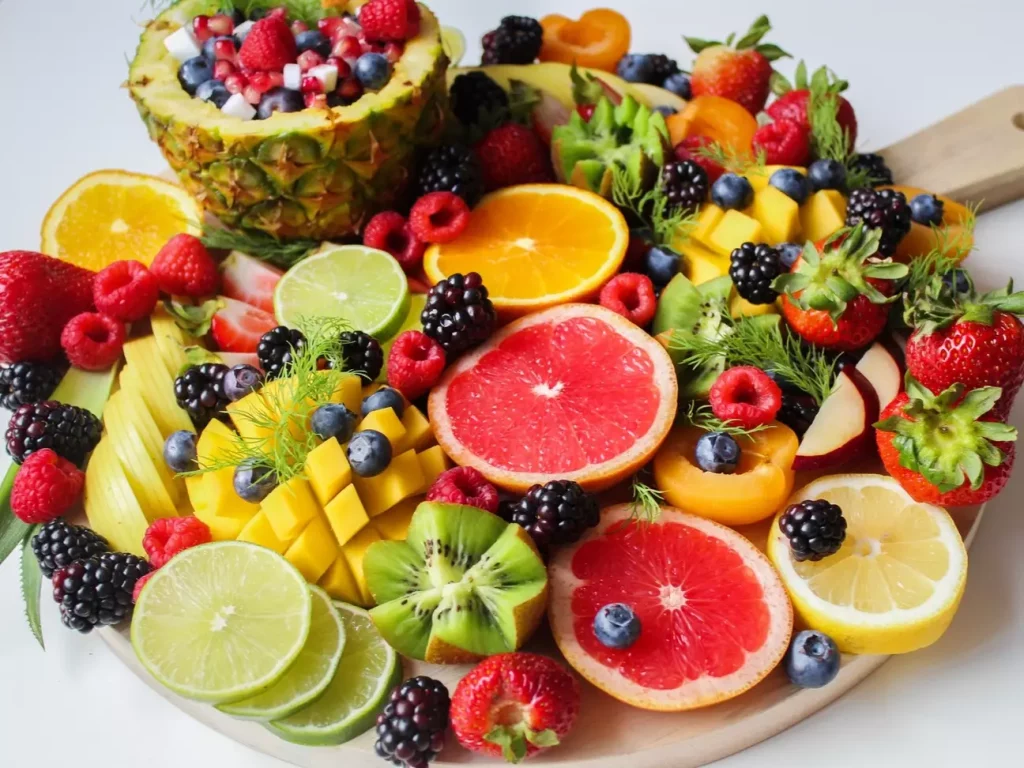
The two individuals argued that the Mango Dragonfruit, Mango Dragonfruit Lemonade, Pineapple Passionfruit, Pineapple Passionfruit Lemonade, Strawberry Açai, and Strawberry Açai Lemonade Refreshers from Starbucks did not include mango, passion fruit, or açai.
Kominis and McAllister claimed that the drinks’ primary components were water, grape juice concentrate, and sugar in the complaint they filed. They said that the names were deceptive, resulted in them being overcharged, and allegedly broke consumer protection rules in their respective states.
Starbucks contended that its drink titles described the flavour rather than the actual ingredients in its bid to get the lawsuit dismissed.
Additionally, the corporation asserted that this system would not cause reasonable consumers any misunderstanding and that any confusion might have been’sufficiently dispelled’ by the baristas.
Nothing in the case indicates that “mango,” “passionfruit,” and “açai” are labels that are widely known to describe a flavour without also reflecting that component, according to Judge Cronan, who didn’t seem to be persuaded by the argument.
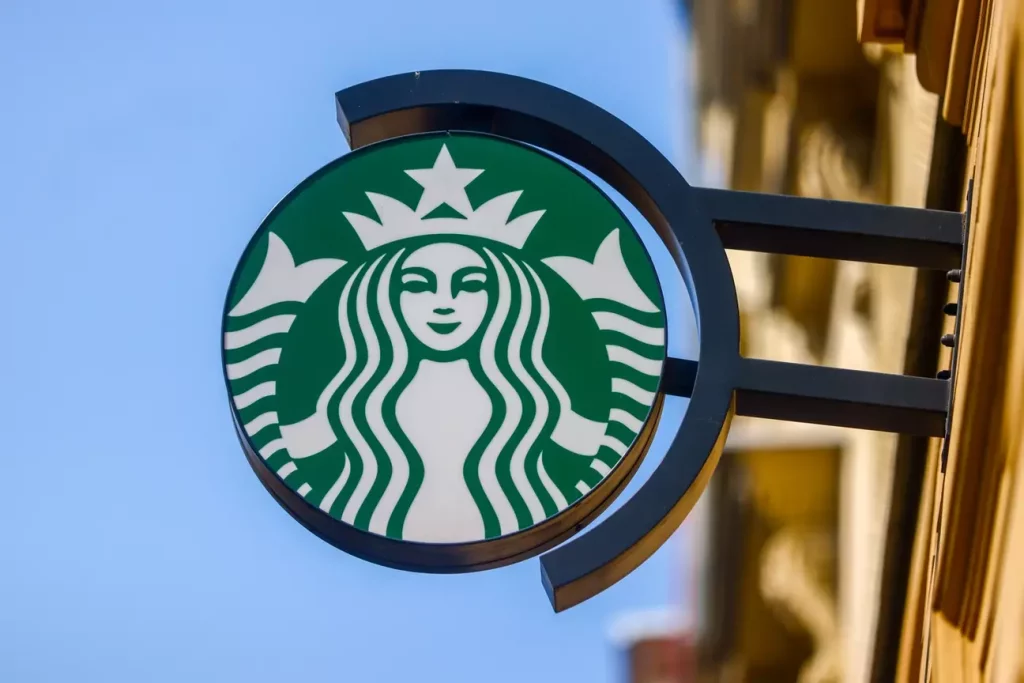
The judge also said some consumers could expect the Refresher drinks to contain the fruit mentioned in its names due to other products Starbucks produces. He said the Ice Matcha Tea Latte contains matcha and Honey Citrus Mint Tea contains honey and mint.
The judge did dismiss two of the total 11 claims. The first of the two dismissed claims, the judge said there was no proof to suggest Starbucks intended to defraud its customers. The second dismissed claim was for this strategy being an unjust enrichment claim.
Starbucks has since released a statement and said it looked forward to defending itself against the lawsuit which the company called ‘inaccurate and without merit’.
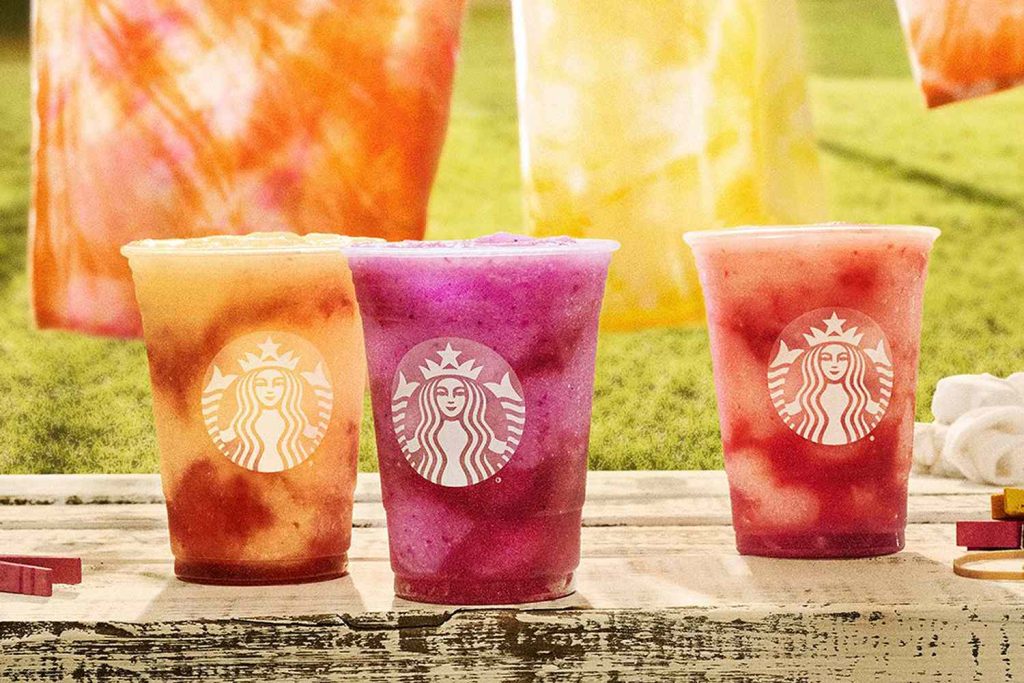
Earlier this month Harvard Law professor Louis Tompros highlighted the importance of court cases like these and insisted they force companies to ensure advertising is ‘honest’.
Tompros was asked to comment on a current legal dispute Burger King is involved in about its commercial for the iconic Whopper burger in a Harvard Law Today article. The lawsuit asserts that the burger’s advertisement is deceptive since it suggests that it is 35 smaller than it actually is.
Regarding the Burger King lawsuit, he stated, “It’s a very interesting case and falls into a general category of false advertising class actions.”
Consumer product class action lawsuits can occasionally serve a crucial role in maintaining the integrity of advertising. Other times, the situations are a little bit more opportunistic and focus more on pursuing large sums of money.
